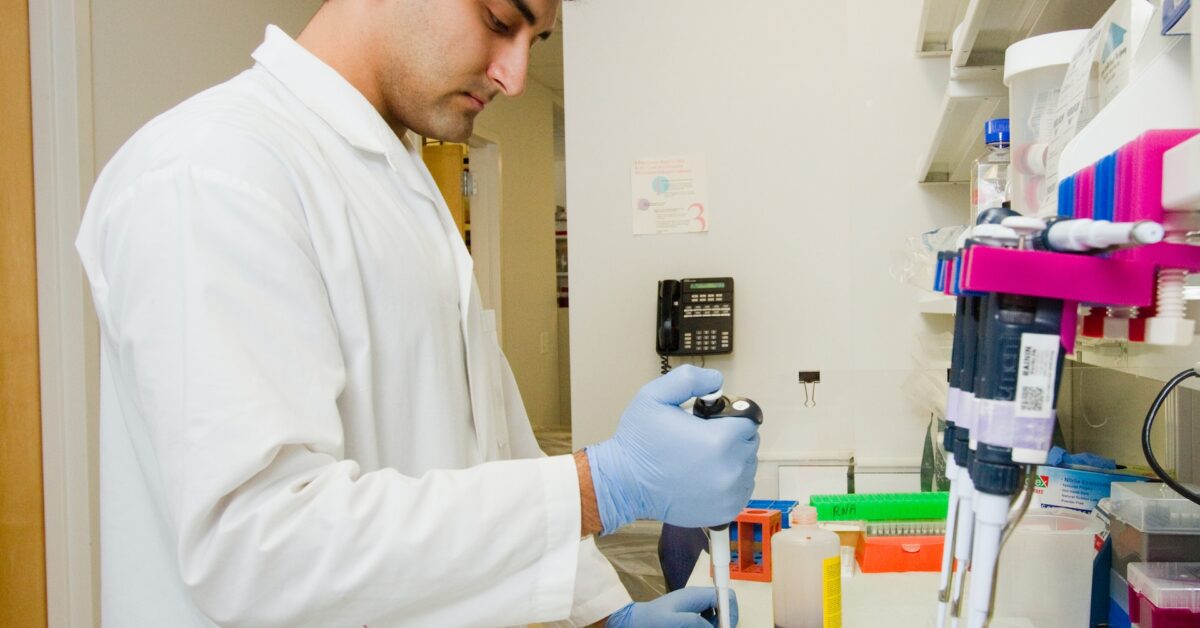Many companies require pre-employment drug testing for a variety of reasons. These include preventing accidents, reducing workers’ comp claims, and increasing productivity. To know more, check out courses on drug and alcohol testing for both employers and employees.
Urinalysis
Employers use urinalysis to determine whether employees use illegal drugs or prescription medication that might interfere with their work. The test can detect various substances, including amphetamines, methamphetamine, marijuana, cocaine, opiates, and phencyclidine. A urinalysis also checks for white blood cells, red blood cell sediment, urobilinogen, nitrites, and bilirubin. Most urinalysis samples used for pre-employment drug test are taken in the morning when urine is most concentrated. Employees can prepare for a urinalysis by refraining from taking any medications, vitamins, or supplements that might affect the results. They should also avoid eating beets and other foods that can discolor the sample. Companies can conduct random drug testing or require employees to sign a written consent to take a drug test before being hired. Using an automatic number generator, companies that randomly test their workers typically select 10% of safety-sensitive employees each quarter. The selected employees are notified confidentially and must report to the lab within two hours of being contacted.
Blood Test
Companies use drug tests to determine whether a prospective employee has illegal drugs in their system, particularly when jobs require sobriety or might put other employees at risk. Using illegal drugs can result in missed work, increased turnover costs, and workers’ compensation claims. Employers might also perform random drug testing to ensure that current employees are not abusing drugs and alcohol. This involves creating a pool of employees and testing them regularly. If a candidate’s urine test returns positive during the initial screening, a medical review officer (MRO) will study the results in more detail. They might contact the applicant and ask whether any prescriptions, over-the-counter medications, or herbs could explain the result. If the results are confirmed, an employer can rescind the job offer. They may also impose a conditional job offer and require a second test to confirm the first result. If the second result is negative, then the offer can go through.
Hair Test
Hair drug testing is typically conducted by a medical professional in a lab or other supervised setting. The test identifies illegal drugs by looking at the metabolites stored in the hair. Generally, a hair test can identify drug use dating back 90 days. This test is often used for pre-employment screening, random testing, and identifying recurrent substance abuse in current employees. Hair testing is often used for specific high-risk jobs, particularly in the transportation industry. Identified drug users create significant liability issues for employers, increase worker’s comp costs, and lower productivity. Unlike urine testing, which has a short detection window, hair tests can detect past drug usage up to three months before the test. To conduct a hair test, a lab technician will collect 100 strands of an employee or applicant’s hair from an inconspicuous area near the scalp. The strands are tested for illicit substances like methamphetamine, cocaine, marijuana, opioids, and PCP.
Saliva Test
In addition to urine, blood, and hair, saliva (oral fluid) is a test specimen that can be used in drug testing. Mouth swab tests can detect marijuana, amphetamines, cocaine, and opiates. These tests are typically administered during an interview and require the individual to swab inside their mouth. These tests have a detection window of 5 to 48 hours, which is shorter than urine or hair tests. However, heavy users could alter these windows depending on how frequently they use drugs. Employers have the right to drug test employees randomly or when they have reasonable suspicion of illegal substance use. The best way to ensure that results are accurate is to use a certified laboratory and an MRO, a licensed physician who interprets lab reports and knows federal drug-testing regulations. Contact a qualified employment law attorney for guidance if you have any questions about drug testing.

